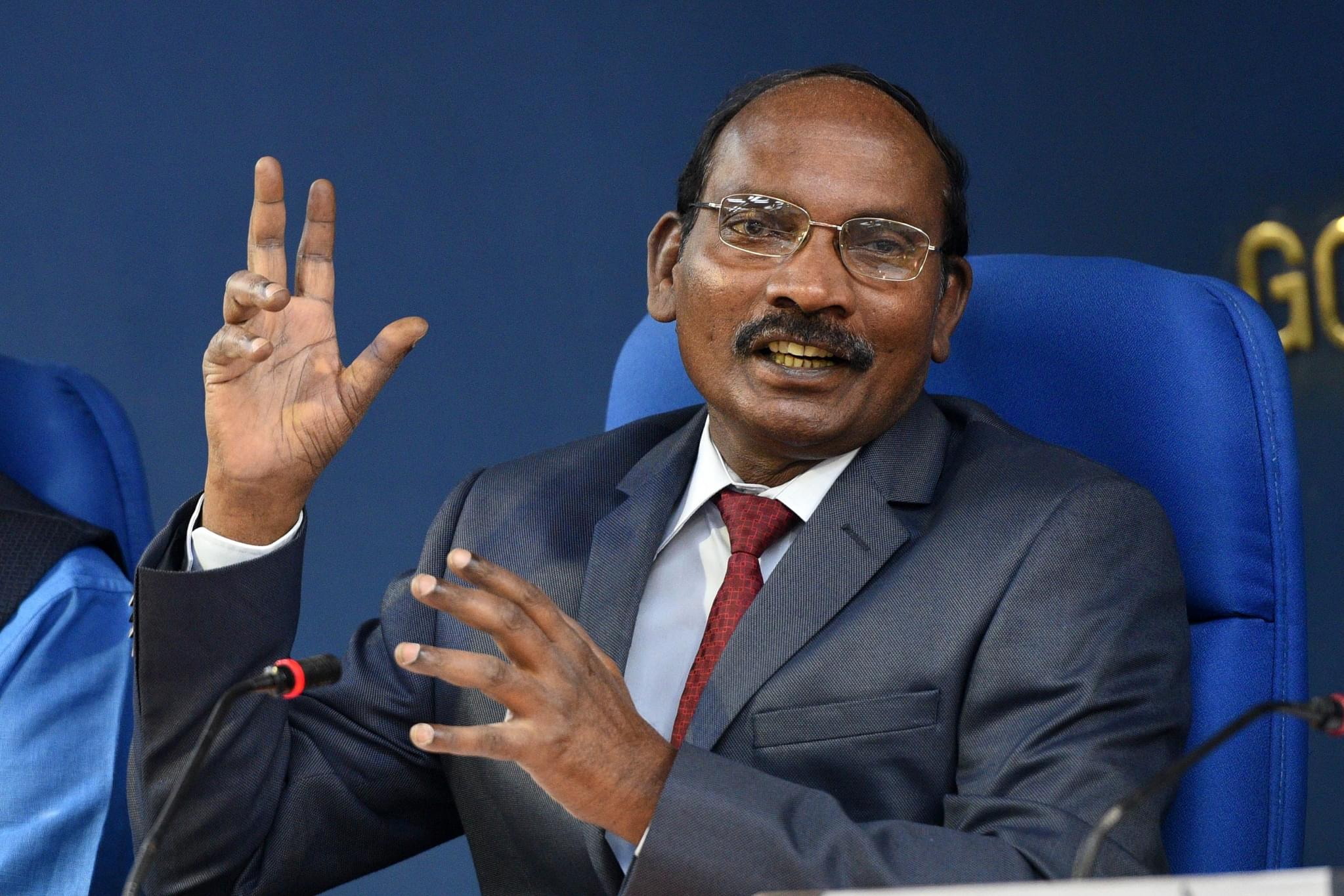Insta
Safeguarding India’s Space Assets: ISRO To Develop Indigenous System For Tracking Space Debris

ISRO Chief K Sivan (Photo by Mohd Zakir/Hindustan Times via Getty Images)
In a bid to safeguard India’s space assets, the Indian Space Research Organisation (ISRO) is planning to set up a network of telescopes and radar to develop its own system to keep a track of space debris, reports Times of India.
According to the report, the network will be set up under the Directorate of Space Situation Awareness and Management.
At present, as many as 50 functional satellites Of ISRO, including communication, navigation and surveillance satellites, are orbiting in space.
As per the report, ISRO chairman K Sivan said that the space agency, till now, was depended on North America Aerospace Defense Command (NORAD) data available in public domain for keeping track of space debris and monitoring its active and passive satellites.
However, according to Sivan, the data available in public was not accurate as the NORAD, which also keeps accurate data, only shares it with those that are members of its network. Therefore, ISRO cannot access this data, he said.
So, the ISRO has decided to set up telescopes and radars in four corners of the country to get accurate data about the movement of space debris to avoid collision with its satellites.
“Our sophisticated multi-object tracking radar installed in Nellore (90km from Sriharikota) will be part of this project. We will also set up a telescope in Ponmudi (Thiruvananthapuram) and second one in Mount Abu (Rajasthan) and third one in deep north. We will also install a radar in the northeast,” Sivan was quoted in the report as saying.
“Once this network is operational, we will be able to get accurate data on space debris and will also become part of the global network where we can access very accurate data on debris from hundreds of radars set up across the world,” he added.
Introducing ElectionsHQ + 50 Ground Reports Project
The 2024 elections might seem easy to guess, but there are some important questions that shouldn't be missed.
Do freebies still sway voters? Do people prioritise infrastructure when voting? How will Punjab vote?
The answers to these questions provide great insights into where we, as a country, are headed in the years to come.
Swarajya is starting a project with an aim to do 50 solid ground stories and a smart commentary service on WhatsApp, a one-of-a-kind. We'd love your support during this election season.
Click below to contribute.
Latest